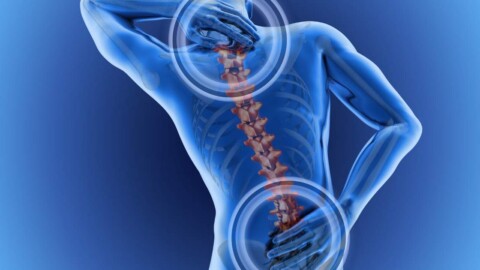Written by Cesaria Manalo
Urinary incontinence is a loss of bladder control. It is characterized by occasional leakage while coughing or sneezing, and/or a sudden urge to urinate. It has been found to be more frequent in women than men. This is due to the differences in the anatomy of the pelvic floor muscles, the ligament, and the effects of childbirth and maternal injury. Fecal incontinence is the failure to control bowel movements, resulting in stool leakage.
Types of Urinary Incontinence
Stress Incontinence
It is the involuntary or sudden expulsion of urine due to an increased intraabdominal pressure. It may be precipitated by activities such as laughing, sneezing, jumping, coughing and exercising. This greatly affects a person’s quality of life since this often renders them unable to reach the bathroom on time.
Urgency Urinary Incontinence
It is characterized by involuntary leakage accompanied by or preceded by urgency. This type of incontinence may be caused by any trigger factors like key in door, cold weather, and running water. Consumption of beverages with caffeine and alcohol are also triggers to urge incontinence.
Overactive Bladder
Overactive bladder causes frequent and sudden urge to urinate that may be difficult to control. It is usually accompanied by frequency in urination especially at night (nocturia), with or without urgency urinary incontinence, without urinary tract infection or other obvious pathology.
Mixed Urinary Incontinence
A complaint of involuntary loss of urine associated with urgency. It is also caused by effort or physical exertion such as sneezing and coughing.
Bowel Incontinence
Signs and Symptoms:
- Sudden urges to defecate that is uncontrolable
- Involuntary leakage of poop on the underwear
- Fart that is accompanied by poop
- It happens frequently
Possible Causes of Bowel Incontinence
- Damage around the muscles of the anus
- Multiple vaginal deliveries
- Rectum has descended to the anus (Rectal Prolapse)
The Role of a Pelvic Floor Physiotherapist
There has been an increased number of individuals with pelvic floor dysfunction. Pelvic health physiotherapists are specially trained to address pelvic floor conditions. They can provide a functional assessment which would allow them to provide a personalized treatment program. By managing and treating the pelvic dysfunction, this can lead to a better and improved quality of life.
Need Help for Incontinence? Contact Our Physiotherapists Today
At Prohealth Sports & Spinal Physiotherapy Centres, we provide pelvic floor physiotherapy and treatments for stress incontinence, urinary incontinence, as well as other women’s health conditions.
Our physical therapists are professional and experienced in working with clients with women’s health-related conditions. Our treatment plans are always personalised for each individual to each their maximum recovery potential.
If you would like an assessment, contact us!
Contact Details
Telephone: +632 8 633 6410 or +632 5 304 7971
WhatsApp: 956 914 8260
Email: appt@sportsandspinal.ph

Written by: Cesaria Manalo
Cesaria is an experienced physiotherapist skilled in using a range of physical therapy techniques to improve mobility, flexibility, stability for a wide array of musculoskeletal conditions.
Her areas of interest and expertise include back pain, neck pain, occupational injuries, neuromuscular cases and women’s health conditions.
References
- Physiopedia’s Clinical Guidelines: Pelvic Health page
- National Association for Continence (NAFC) at www.nafc.org
- https://www.yourpelvicfloor.org/media/stress_urinary_incontinence_RV1.pdf





